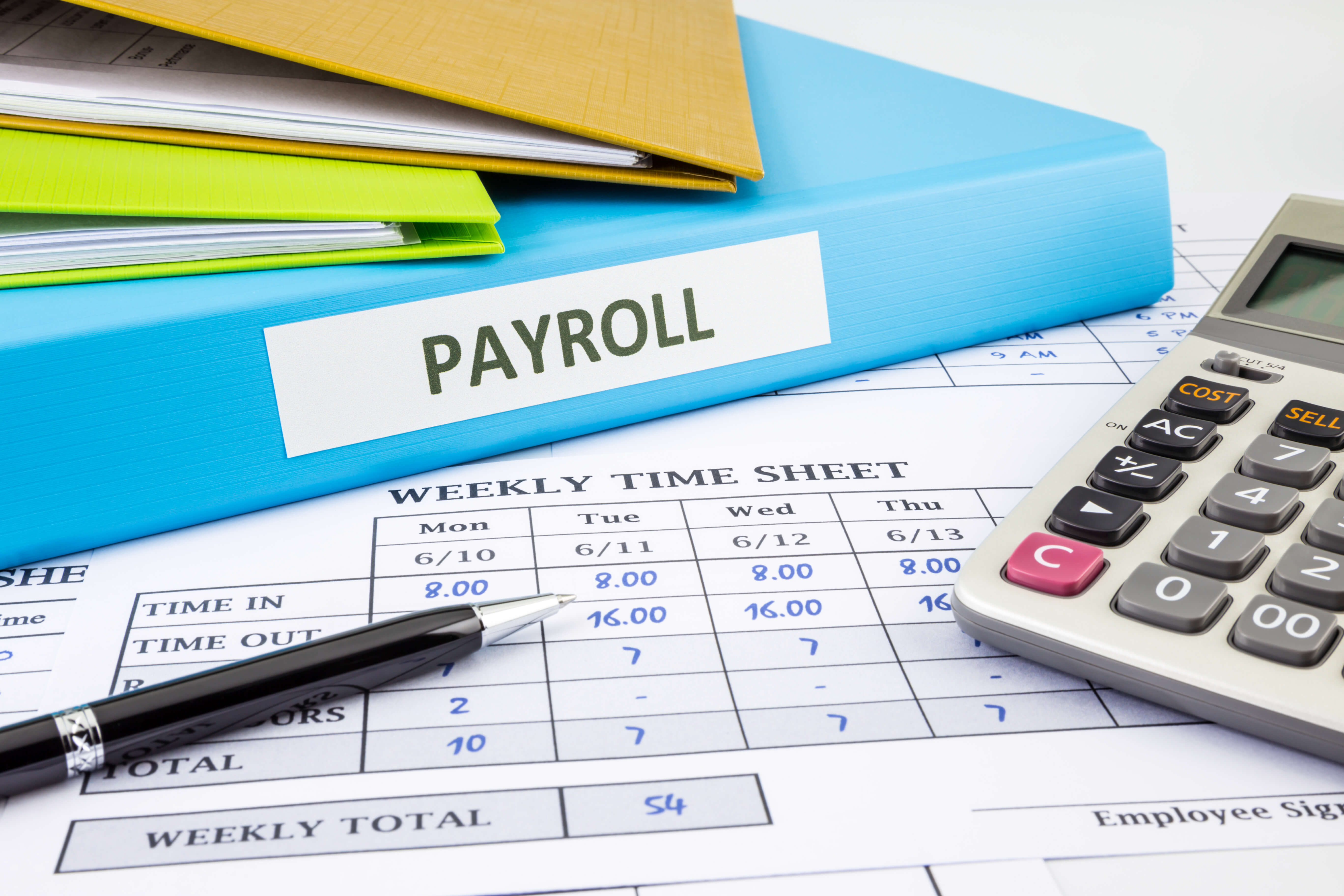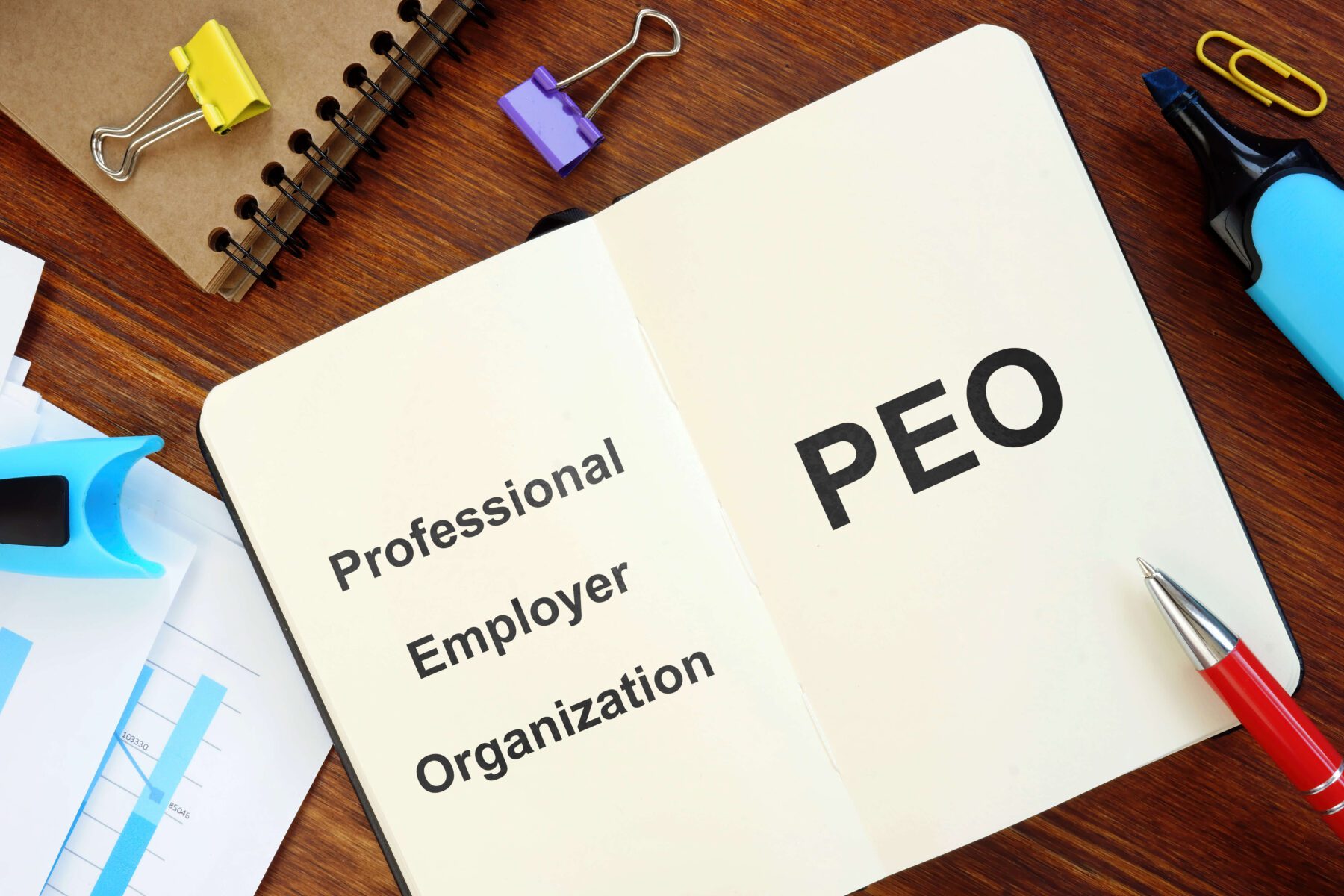And the larger the company, the bigger the pile of HR tasks. Large firms often find management a bit hard. But what if businesses had experts to help manage various aspects? What if you had advisors to guide you on human resources aspects? Is it possible?
A resounding yes! It is possible to outsource your HR burdens to PEO benefits. PEO stands for professional employer organization and offers many benefits for your business. This article explores the advantages of PEO. It also explores other relevant aspects of PEO.
Before delving deep, let us understand what PEO benefits entail.
A PEO is an organization that helps businesses streamline their HR functions. The HR functions might include benefits, compliance, and payroll. Small and medium-sized businesses can enjoy PEO. For instance, enterprises get freed up to deal with more critical other aspects. In layman’s definition, PEOs also get defined as professional employers for client employees.
How Does PEO Work?
PEO benefits pricing structure and services vary from one organization to the other. Even so, most PEO organizations tend to follow a similar working model. Here is the model:
1. The PEO co-employs your employees
First, you will have to enter into a contract with a PEO. The PEO then co-employs your employees for administrative purposes. For instance, it will pay the employees and file payroll taxes. But this does not mean that you lose control over the workforce. You are still in charge of who gets hired, employee benefit plans and designs, and other HR aspects. One of the most common PEO myths is that companies using PEO lose control of their HR functions. But that is not true. The PEO only acts as a statutory employeOmitand; you remain the worksite employer. It is that simple.
2. The PEO will Manage Your HR Tasks

- Payroll
- Employee benefit
- Human resource compliance
Advantages and Disadvantages of PEO
PEO comes with its share of pros and cons. This section will explain the advantages and disadvantages of PEO. Let us start by looking at the benefits of PEO.
Advantages of PEO
There are many reasons why your business needs a PEO. The following are some of the advantages of PEO.
1. Reduced HR Overheads
A simple yet vital advantage of PEO is lower HR overheads. Managing HR activities is usually associated with time-consuming administration. The HR team gets focused on enhancing such activities. But the case is different with PEO because they relieve your HR administration burdens. The HR team can then focus on exercises with high returns on investments. The PEO service provider amount will cover a wide range of activities. Utilizing PEO will make business easy to scale through the local and global markets.
2. Simplified Payroll Management and Tax Preparation

- Paying salaries to the employees
- Withholding
- Calculating and remitting income tax and contributions to the relevant authorities
You should note that payroll is a bureaucratic procedure. So, having experts handle it could help cut noncompliance risks.
3. Managed Employee Benefits
Employees can also enjoy PEO. PEO ensures that employees get all the benefits entitled to them. All the benefits applicable within the employees’ legal jurisdiction get completed. Such benefits include things like pension plans and healthcare plans. It is upon you to top this off with your tailored package. Such as giving your employees improved healthcare plans or remote-work stipends.
4. PEO Helps With Employee Compliance and Risk Mitigation
First, understand that PEOs do not set up complaint employment contracts. Yet, they can come in handy to offer the help required whenever needed. For instance, they will tell you how best to follow staff employment laws. The laws range from local laws, customs, and international regulations. For example, PEOs can help you understand the following critical aspects:
- Types of paid leave
- Salary benchmarking (what salaries to pay)
- Reduction of permanent establishment risk
5. PEO Saves Money by Leveraging Economies of Scale
I recently read quite an interesting report by NAPEO. Here are some highlights from the report:
- 173,000 small and mid-sized businesses in the USA use PEO services
- The United States has 187 PEOs
- PEOs have employed four million people in the USA
- In 2020 alone, the four million employees received payments worth $216 billion
Check more details on the report here.
From the details above, it is evident that PEOs have negotiating power. For instance, they can deal with insurance providers to secure cheaper benefits. And because they are reasonable, it does not mean they are low-quality. Affordable, high-quality benefits will reduce employment costs and boost your business’s bottom line.
6. Enhances Employee Benefits and Smoothens the HR Experience

PEOs co-employ so many workers. That is their work, and that is what they do. A good PEO can harness the talent group reserved for more prominent companies. Such PEO employee benefits can be so admirable for your business. Your business will enjoy a wide range of high-quality employees. Some of the PEO employee benefits you can get include the following:
- Commuter benefits
- Mental health support
- Retirement plans
- Disability and life insurance plans
- Dependent care
- Healthcare plans
With these benefits, PEO will help and motivate employees to be productive. Moreover, outsourcing employees from PEO also leads to a better employee experience. PEO firms deal with employee problems. They can answer employee questions, and process employee benefit claims.
7. Saves Time
Let’s face reality. You and your human resource team have essential things to do. And handling paperwork is not one of them. Also, your HR team should not get burdened with negotiating with benefit providers. Your HR team needs a break from the ever-changing employer-related laws. Leveraging PEOs frees up time spent conducting these tasks. With PEOs, your company can save time on several administrative duties. Here is how.
- Payroll- PEOs will help track hours and PTOs, calculate salaries and withhold taxes. PEOs can also help to pay suppliers and contractors.
- Benefits- PEOs will streamline benefits aspects. For example, they can negotiate with providers, process claims, and enroll employees.
- Risk and Safety- PEOs review safety measures and practices. They also train and educate employees to limit claims. PEOs will provide support through Occupational Safety and Health Administration inspections.
8. Minimizes Employee Lawsuits

It is easy to leverage the power of PEO to mitigate a costly settlement. Additionally, PEOs are well-acquainted with state laws. Their experience in HR matters will ensure your compliance with various state laws. Their advice is the second set of eyes that protects you from looming trouble.
9. High Employee Retention
PEOs provide access to retirement savings programs. Such benefits can boost your employee retention. For instance, the 401(k) plan is an excellent element of the PEO package.
Disadvantages of PEO
Many PEO advantages range from PEO payroll benefits to time-saving factors. But that does not mean that PEOs have no downsides. The following are some disadvantages of PEOs you must know.
1. The Need For A Local Entity
Using PEO is impossible if you do not have a legal entity. The first step to using a PEO is to set up a local entity. This step should get set up in the country where you wish to use talent. But the cost of setting up a local entity can be almost unbearable. The process could also eat up much of your time. And with this in mind, take an agile approach to global expansion. Where the costs for setting up a local entity are high, you might consider using EOR.
2. Legal Liability
Another disadvantage of using PEO emanates from the legal liability aspect. You must note that PEOs are not liable for the actions of your employees. The responsibility of ensuring employee compliance rests on your shoulders. All employees’ actions, from onboarding to offboarding, are your burden.
3. No Collective Agreement Responsibility
Collective agreements usually mediate most employee-employer relationships. This practice is common in most countries. But, most PEOs do not cover these collective agreements in their package. The risk of noncompliance with collective contracts could be so devastating. Noncompliance could put your business at risk. It could also create unwanted bureaucratic chaos.
4. PEOs Do Not Cover Extra-Contractual Liabilities or Obligations
Extra contractual and liabilities include things the following:
- Intellectual property rights
- Health and Safety
- Data protection
Most PEOs do not cover these extra-contractual liabilities. And this could leave your company exposed to risks.
Choosing a Professional Employer Organization
Knowing the advantages and disadvantages of PEOs will help you make informed decisions. Since the benefits outweigh the drawbacks, we recommend you go for them. Of importance to note is that no two PEOs are alike. Before choosing a PEO, you must first do your homework. You will need to compare different PEO options. After that, ensure you select a PEO that suits your business needs. Here are some considerations.
A PEO Should Offer All Services You Need
Different PEOs get tailored for various purposes. Some serve specific geographical locations. Before choosing one, you must research well to understand your business needs. The idea is to have your PEO offer all the services you need. Moreover, selecting a dynamic PEO would help meet changing business needs. Such a PEO would support you as you scale.
Consider Their Pricing Structure

Usability
Some PEOs get run on complex and outdated software. Using such PEOs can be challenging for you. Before choosing a PEO service, ensure it is easy to use. You can ask for a product demo and ensure it is easy for your HR team and all team members.
Conclusion
PEO’s benefits are the future of HR. The sooner you incorporate them into your business strategies, the better. This article has explored some pros and cons of PEOs. This knowledge will help you make informed decisions about whether to use PEOs.



